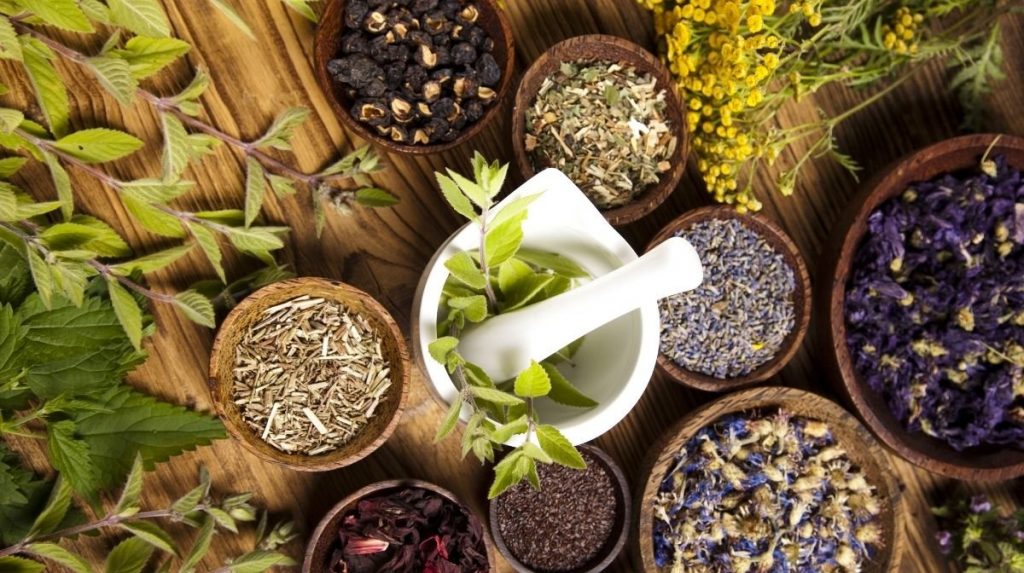The use of healing herbs has been revered for centuries as a means of promoting health and vitality. From ancient civilizations to modern times, plants and herbs have been valued for their medicinal properties and therapeutic benefits. While modern medicine has made significant advancements, there is a growing interest in returning to nature’s remedies for holistic healing and well-being.
Herbal remedies encompass a wide range of plants, roots, leaves, and flowers that are prized for their medicinal properties. These botanicals contain various bioactive compounds, including antioxidants, vitamins, minerals, and phytochemicals, which contribute to their therapeutic effects. Unlike synthetic drugs, which often come with unwanted side effects, herbal remedies work in harmony with the body’s natural processes, promoting balance and vitality.
One of the key benefits of herbal remedies is their ability to support the body’s innate healing mechanisms. Many herbs possess anti-inflammatory, antimicrobial, and immune-boosting properties, making them effective allies in fighting off illness and disease. For example, echinacea is renowned for its immune-stimulating effects, while ginger is prized for its anti-nausea and anti-inflammatory properties.
Furthermore, herbal remedies offer a gentler alternative to conventional pharmaceuticals, making them suitable for individuals seeking natural and non-invasive treatment options. Whether used to alleviate minor ailments such as headaches, indigestion, or allergies, or to support long-term health goals such as immune support or stress management, herbs offer versatile and customizable solutions for health and wellness.

Moreover, herbal medicine is deeply rooted in tradition and cultural wisdom, with many indigenous cultures around the world relying on plant-based remedies for centuries. Herbalists and traditional healers draw upon this ancestral knowledge to formulate herbal preparations tailored to individual needs, taking into account factors such as constitution, lifestyle, and environmental influences.
In recent years, scientific research has begun to validate the efficacy of many traditional herbal remedies, shedding light on their mechanisms of action and therapeutic potential. Studies have shown that herbs such as turmeric, ginseng, and garlic possess potent anti-inflammatory and antioxidant properties, which may help protect against chronic diseases such as heart disease, cancer, and diabetes.
Furthermore, the growing popularity of herbalism has led to a resurgence of interest in wildcrafting and sustainable harvesting practices. Many herbalists advocate for ethical and environmentally conscious approaches to sourcing medicinal plants, ensuring their continued availability for future generations. Additionally, the cultivation of medicinal herbs in home gardens and community plots allows individuals to reconnect with nature and take an active role in their health and well-being.
Healing herbs offer a natural and time-tested approach to wellness that complements conventional medicine. From soothing teas and tinctures to aromatic oils and salves, the world of herbal medicine is rich with possibilities for supporting health and vitality. Whether used as a preventative measure, a complementary therapy, or a primary treatment modality, herbs have much to offer in the pursuit of holistic wellness. So, the next time you’re feeling under the weather or in need of a little extra support, consider turning to the healing power of nature’s pharmacy and explore the benefits of herbal remedies for natural wellness.





